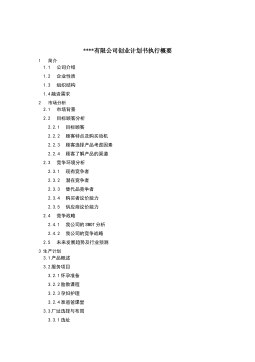基于社会认知的创业团队信任研究
摘要随着改革开放和市场经济的进一步发展,全民获得了更多的创业机会,尤其是进入本世纪后,就业压力的加大和国家创业政策的扶持,使得新一轮的创业浪潮再次掀起,越来越多的创业团队不断涌现。然而,很多学者研究发现创业团队不稳定、易解体、成功率低是一种普遍的现象。创业团队解体的原因很多,其中一个很重要的原因就是创业团队中成员间的信任危机。人际信任危机随着人际利益,思想冲突等矛盾的激化而凸现,以至产生了一系列的破坏性的后果,影响创业团队的有效运作和发展,甚至导致创业的失败。创业团队相比其它团队,成员间关系更为复杂,规章制度更为不健全。因此,信任在创业团队中有着更为重要的地位,是创业团队有效运作的必需条件,是...
相关推荐
-
XX中学英语学科质量提升计划书VIP免费
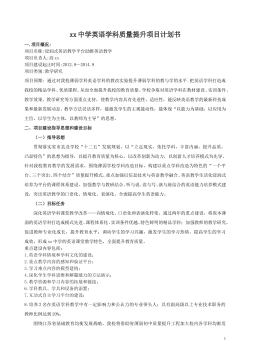
 2025-01-09 9
2025-01-09 9 -
VIPKID-美国小学在家上-在线英语学习项目商业计划书VIP免费

 2025-01-09 8
2025-01-09 8 -
English TV--英语学习智能视频平台创业商业计划书VIP免费

 2025-01-09 17
2025-01-09 17 -
English TV,4--英语学习智能视频平台商业计划书VIP免费

 2025-01-09 16
2025-01-09 16 -
260Educotton-让孩子快乐学习英语的平板电脑商业计划书VIP免费

 2025-01-09 14
2025-01-09 14 -
XX英语学校创业策划书VIP免费

 2025-01-09 14
2025-01-09 14 -
Ustudy-K12英语在线学习产品商业计划书VIP免费
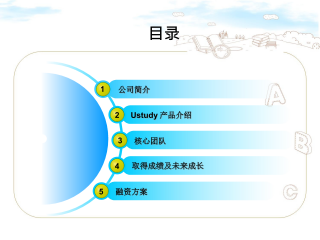
 2025-01-09 18
2025-01-09 18 -
Strawberry English School (SES)英语培训学校计划书VIP免费
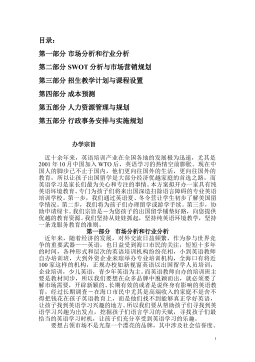
 2025-01-09 24
2025-01-09 24 -
《天中英语智能电子公司创业商业计划书》VIP免费
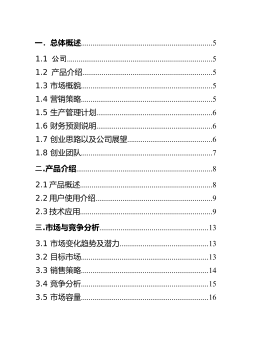
 2025-01-09 14
2025-01-09 14 -
XXXX少儿英语培训学校创业计划书VIP免费
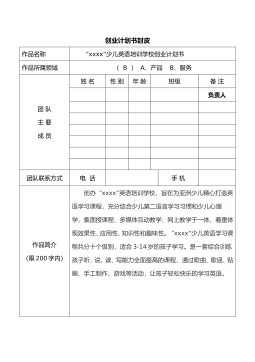
 2025-01-09 23
2025-01-09 23
相关内容
-

XX英语学校创业策划书
分类:中小学教育资料
时间:2025-01-09
标签:无
格式:WPS
价格:10 积分
-

Ustudy-K12英语在线学习产品商业计划书
分类:中小学教育资料
时间:2025-01-09
标签:无
格式:PPTX
价格:10 积分
-

Strawberry English School (SES)英语培训学校计划书
分类:中小学教育资料
时间:2025-01-09
标签:无
格式:DOC
价格:10 积分
-

《天中英语智能电子公司创业商业计划书》
分类:中小学教育资料
时间:2025-01-09
标签:无
格式:DOC
价格:10 积分
-

XXXX少儿英语培训学校创业计划书
分类:中小学教育资料
时间:2025-01-09
标签:无
格式:DOC
价格:10 积分


